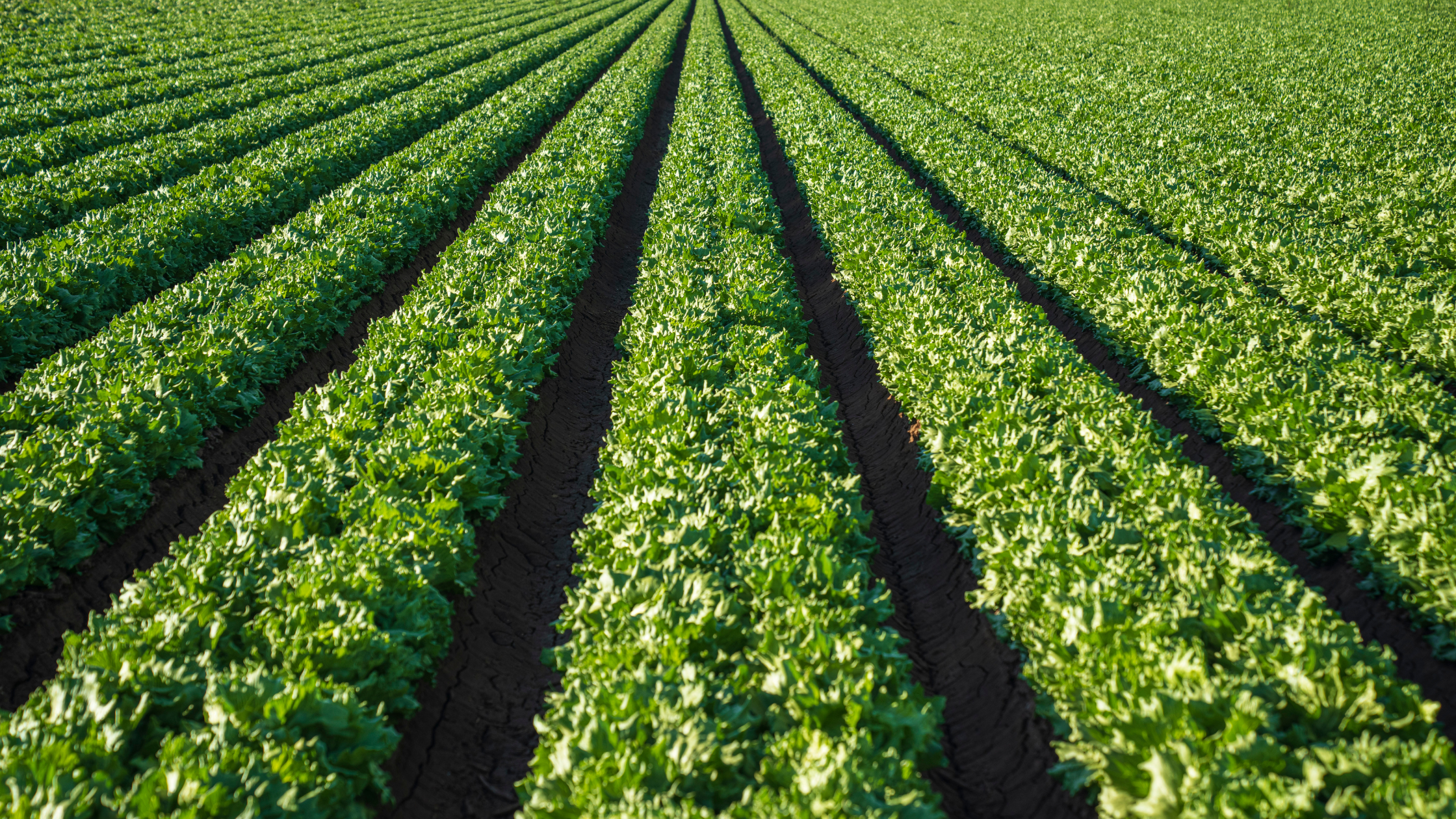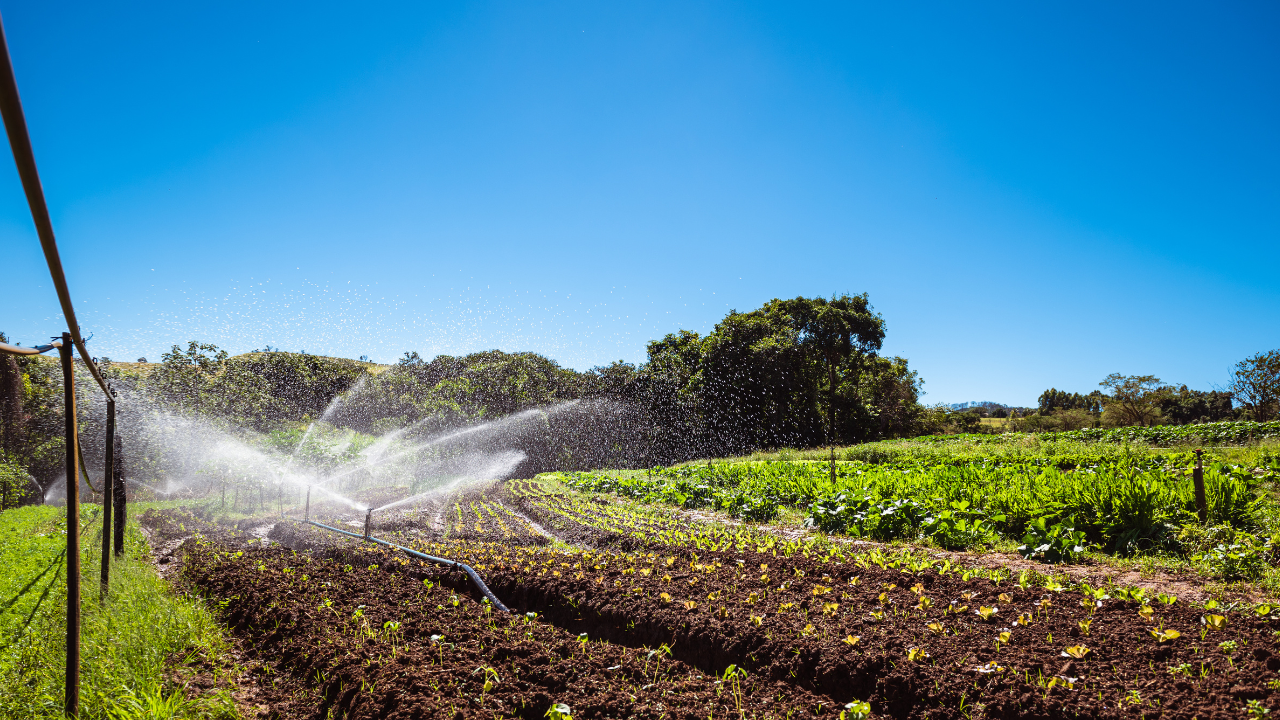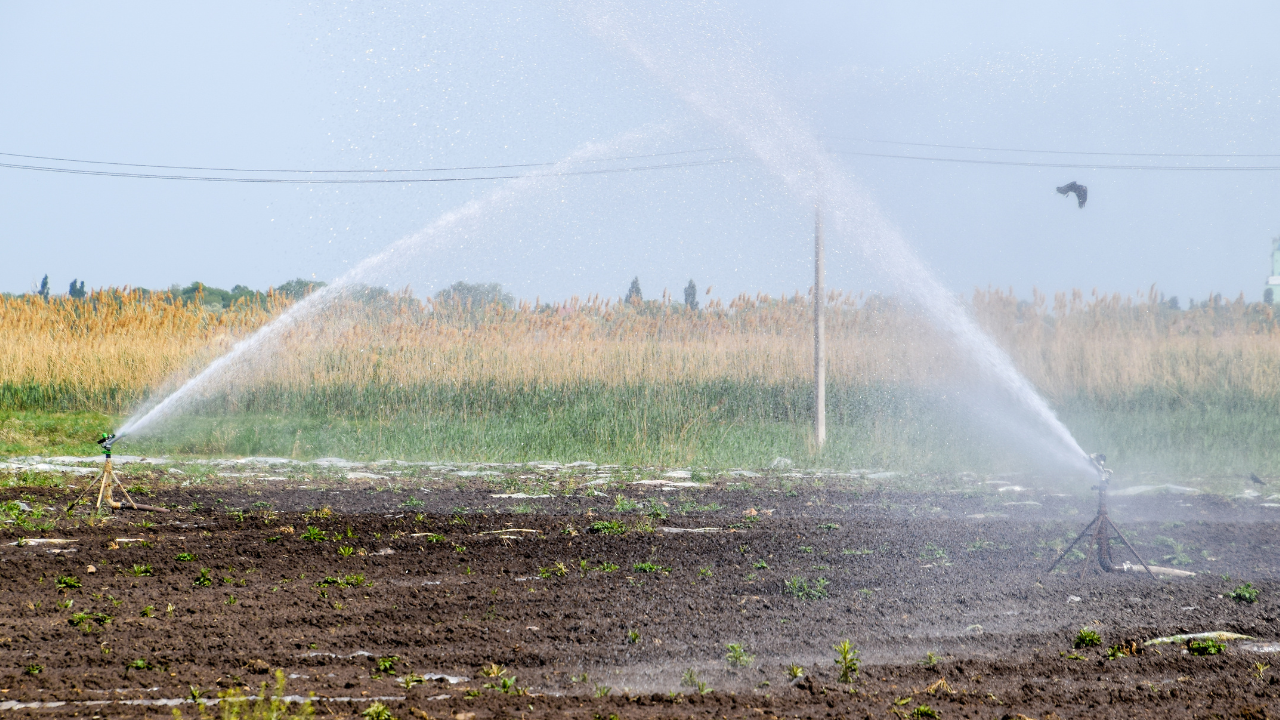Essential tips for successful planting schedules and crop management.
Introduction
Understanding the right planting dates for various crops is crucial for maximizing yields. This article provides a detailed overview of planting schedules for both winter and summer vegetables, highlighting the importance of these practices for aspiring farmers. Discover how quality irrigation supplies from Alhandasih.com can further enhance your farming success.
Importance of Planting Dates
Planting dates are essential for several reasons: they maximize growth potential, help in pest and disease management, and ensure efficient resource use. Understanding seasonal variations allows farmers to diversify their crops, reducing dependency on a single harvest.
Winter Vegetable Planting Schedule
- Turnip: Plant in February or August.
- Cabbage: Best planted in September, October, or November.
- Arugula: Sow in February or August.
- Peas: Ideal for planting in October or November.
- Spinach: Plant in February or September.
- Eggplant: Should be planted in October or November.
- Radish: Can be sown in February or August.
- Beets: Plant in February or September.
- Onions: Plant from December to February.
- Garlic: Best sown in September or October.
- Celery: Plant in October.
- Carrots: Sow in August or February.
- Parsley: Best planted in August or February.
- Chard: Ideal for planting in August and March.
- Peppers: Best planted in October or November.
- Potatoes: Should be planted in January and February.
- Beans: Ideal planting in October or November.
- Hibiscus: Plant in September or October.
- Tomatoes: Best planted in October or November.
Summer Vegetable Planting Schedule
- Corn: Late April to early June.
- Cucumbers: Late May to early July.
- Zucchini: Late May to early July.
- Squash: Late May to early July.
- Melons: Late May to early July.
- Bell Peppers: Late April to early June.
- Eggplant: Late April to early June.
- Basil: Late April to early June.
- Okra: Late May to early July.
- Sunflowers: Late April to early June.
Best Practices for Successful Planting
- Soil Preparation: Test your soil for pH and nutrients.
- Water Management: Use quality irrigation supplies from Alhandasih.com.
- Crop Rotation: Rotate crops to prevent soil depletion.
- Mulching: Conserve moisture and suppress weeds.
- Fertilization: Amend soil based on tests.
- Pest Control: Implement integrated pest management strategies.
- Timing: Plant according to your region's specific schedule.



